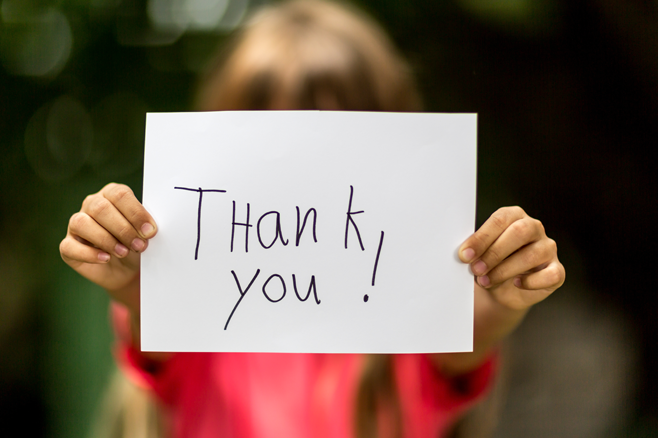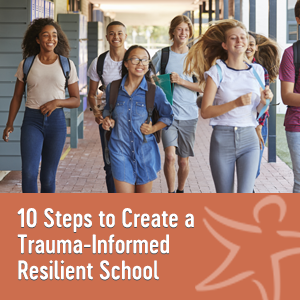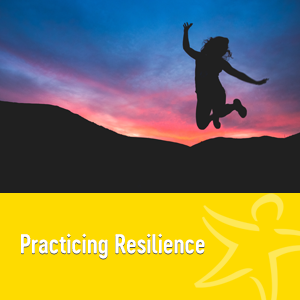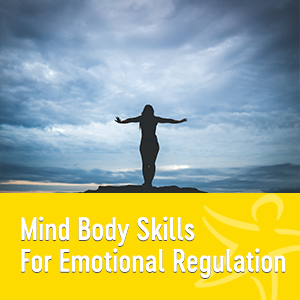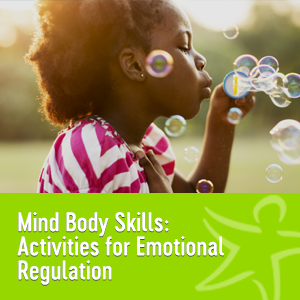Gratitude is thankful appreciation and acknowledgement of the goodness a person receives or experiences in their life. In positive psychology research, gratitude is strongly and consistently associated with greater well-being. Gratitude helps people feel more positive emotions, relish good experiences, improve their health, deal with adversity, and build strong relationships.
Despite the solid research supporting gratitude, when life is challenging it becomes more natural for many of us to focus on problems; what we aren’t feeling or experiencing; things we don’t have - than it is to practice gratitude. But, intentional and simple gratitude practice will allow you and the youth in your life will reap all of the benefits being grateful has to offer.
Notice. Simply notice when you are interacting with another person who makes you smile or feel good. This can be on the phone or other virtual platform.
Say thank you. Verbally say thank you to others for their smile, their friendship, helping you, making you dinner, etc. Say thank you to yourself for carrying on even when you are tired, for taking the time to practice gratitude even if it doesn’t come easily.
Write a thank you text, email or note. Take a minute or two to send a text, email or thank you note to someone who has made a positive impact on your life. Instead of just thinking about it, reach out and let them know.
Breathe. Take one deep breath and be thankful for the air you breathe and how it fills your lungs.
Acknowledge a positive experience. Acknowledge a positive experience by writing it down in a notebook or by telling someone about your experience.
List your VIP(s). Make a list of the very important people in your life. You may have one or you may have many. Write down their names and be thankful they are in your life.
One-a-day. At the end of the day, write down (or even think of) one thing that happened or one thing you experienced that made you grateful.
Gratitude Jar. Find a jar (or box, basket, bowl) and ask your family or friends to all identify one thing or person they feel gratitude for – and add everyone’s gratitude to the jar. Once filled, take out one piece of paper at a time and everyone can share their contribution.
Expressing gratitude is crucial for professionals as well! It is the first line of defense against compassion fatigue, vicarious trauma, and burnout. My colleague and Starr's Senior Trainer Erin Madden Reed explains this important connection in Practicing Resilience: Essential Self-Care Strategies for Helping Professionals. Watch below and follow the links in the description for the course page.
Learn more with these offerings from Starr Commonwealth
